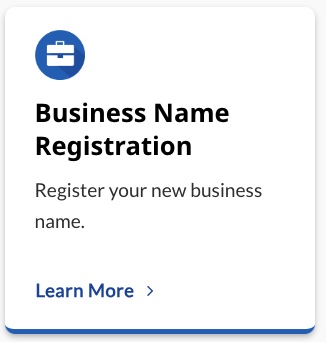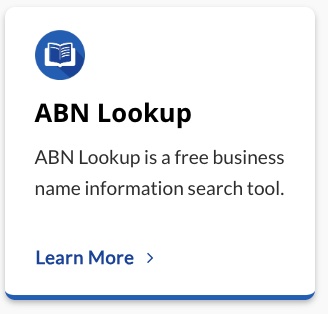In today’s fast-paced world, where businesses are thriving online, it’s not an easy task to get noticed because of the profile competition. To make sure your online presence is effective and gets the attention it deserves, producing high-quality content is key. But, just producing good content isn’t enough, you also need a platform where you can host your blog posts or news articles associated with your business.
Content management systems (CMSs) have proven to be effective platforms for creating and managing digital content. They help organise the content, make customization easier, and can be used by anyone, whether they are tech-savvy or not, to create and manage their online content.
One of the popular CMS tools, WordPress, is often the go-to platform for most businesses. It’s free to use and the majority of its features are intuitive and easy to learn. Plus, it offers a broad range of themes and plugins, making customization easy.
However, there’s another CMS tool that’s been gaining traction and is also worth considering, it’s called Ghost. Ghost is a plain, simple, and streamlined platform mostly used for blogging purposes. Unlike WordPress that repairs significant usage from your side to perfect the interface, Ghost offers a pure blogging platform that makes content creation smooth and quick.
Ghost operates as a nonprofit organization, with most of its revenue coming from its premium hosting service. It is an open-source platform written in JavaScript, so it’s speedy and secure, which are two main aspects you need in a CMS tool.
When choosing between these two platforms, whether it’s WordPress’ multipurpose capabilities or Ghost’s simplicity, one important thing to consider is the users. If you have a team that is not so tech-savvy, Ghost could be the ideal option because it’s user-friendly and straightforward to use.
While WordPress offers more advanced customization, it may take more time to master the platform. WordPress is readily available and already being used extensively. Ghost, in contrast, is newer and might require a little more time to gain popularity.
The critical point to remember, though, is that every business has its unique needs. It depends on what the business wants to achieve with its online content. Both WordPress and Ghost have their pros and cons, and the choice lies with the business team.
So next time your business is planning on launching a blog or updating its current content management system, consider the strengths and weaknesses of both platforms and decide which one suits your business needs better. This way, you’ll make sure your content gets the spotlight it deserves.
Register your new business name at register.biz.au


